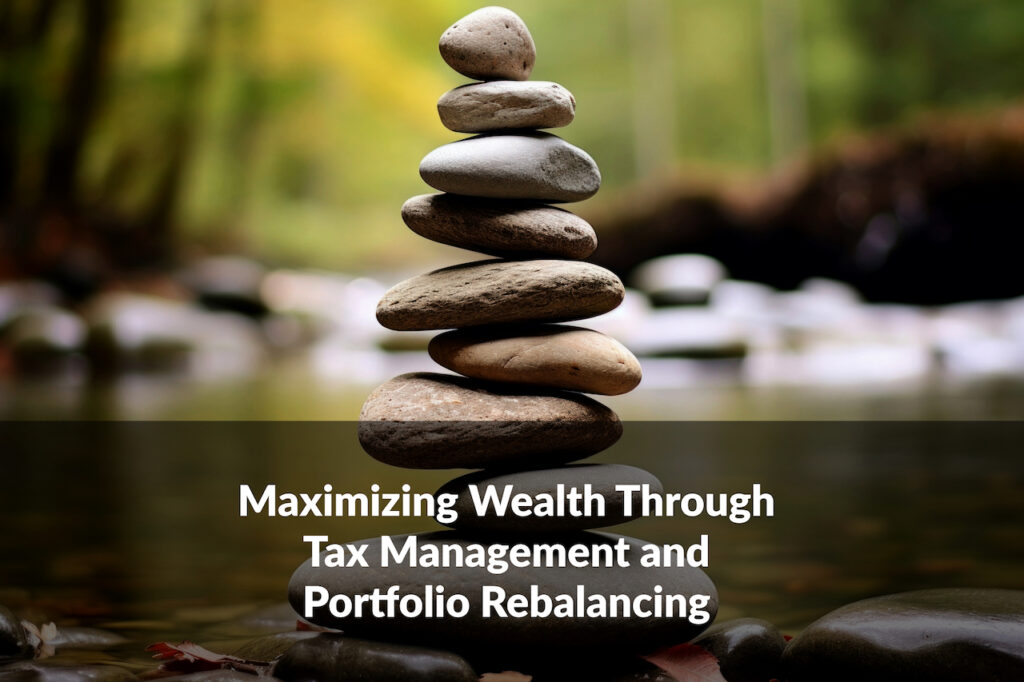Even if you already have a retirement plan in place, you may find yourself questioning your retirement readiness. After all, there are many financial aspects to prepare for, mostly aimed at accruing the necessary resources and putting strategies in place for a stable and fulfilling post-work phase of life. Improving your retirement readiness involves more than just saving money, however. You’ll need a comprehensive approach to financial planning that covers each piece of your financial planning puzzle. In this article, we’ll explore six strategies that may help you enhance your retirement readiness and gain greater confidence in your financial future.
Strategy 1. Evaluate Your Current Financial Health
A smart place to begin in improving your retirement readiness is to assess your current financial situation thoroughly. This includes understanding your total income, expenses, debts, and investments. Knowing where you stand financially helps you to identify potential areas for improvement, such as reducing debt or increasing savings rates. This is also a smart time to request and review your credit report and score. After all, a healthy credit history can lower borrowing costs in the future, should the need arise.
Strategy 2. Clarify Your Retirement Lifestyle Goals
Clarity on your retirement goals is fundamental to effective retirement planning, and that includes both financial goals and lifestyle goals. Think about what you want your retirement to look like. For example, do you plan to travel? Are you considering a second career or hobby? Will you relocate or downsize? Understanding these aspects can help you estimate the potential costs and develop a savings plan that targets your specific retirement lifestyle.
SEE ALSO: Ask Yourself These Questions to Clarify Your Retirement Lifestyle Goals
Strategy 3. Optimize Retirement Savings
Perhaps the most direct way to enhance your retirement readiness is to maximize your contributions to retirement savings accounts. Take a look at the contribution limits for your IRAs, 401(k)s, or other pension plans, and hit those limits if you can. Take advantage of any employer match programs, too, so you won’t lose out on free money to help your retirement savings grow. Additionally, consider increasing your savings rate as your income grows. Adjusting your contribution levels annually can significantly impact the total growth of your retirement funds over the years.
Strategy 4. Diversify Your Investments
You likely already know that investing wisely is key to growing your retirement savings, and diversity among your investments is a critical component. Diversification helps manage risk by spreading your investments across different asset classes, such as stocks, bonds, and real estate. A well-balanced portfolio tailored to your age, risk tolerance, and financial goals can help you navigate market volatility and work towards long-term growth. Regular reviews and adjustments to your investment strategy are necessary to remain aligned with your goals.
SEE ALSO: Sudden Wealth: What to Do if Your Strike It Rich
Strategy 5. Prepare for Healthcare Costs
Regardless of how healthy you may be at the present moment, most retirees find that healthcare becomes one of the largest expenses in retirement. To improve your retirement readiness, it’s important to consider how you will manage these costs. Options include investing in a health savings account (HSA), which offers tax advantages and can be used to pay for medical expenses in retirement. Understanding Medicare coverage and knowing your options, such as supplemental insurance plans, can also help you prepare to meet increasing healthcare needs.
6. Understand Social Security Benefit Options
Many people think of Social Security as a set plan of benefits that is the same for every retiree. However, there is no “one-size-fits-all” benefit. You have options for your claiming strategy, and the one you choose can play a significant role in your retirement income strategy. That’s why it’s important to understand how to optimize these benefits. The timing of when you start taking Social Security can affect the amount of your monthly checks. Delaying benefits until full retirement age or even later, up to age 70, increases your monthly benefit. So, as you prepare for the future, familiarize yourself with your Social Security statements, know your options for claiming, and consider how different scenarios impact your future financial health.
Is Retirement Readiness on Your Mind? We Can Help!
Planning for your life after your career can feel overwhelming, and improving your retirement readiness doesn’t happen overnight. It requires a consistent, proactive approach to managing your finances, investing wisely, and planning for the future. By assessing your financial health, defining clear retirement goals, maximizing savings, diversifying investments, planning for healthcare costs, and understanding Social Security, you can work toward feeling more prepared and confident for your golden years.
While each of the above strategies can play a vital role in enhancing your ability to enjoy your retirement, we also believe you can benefit from working alongside a financial advisor you trust. At Resolute, our friendly and experienced team strives to provide a personal perspective on wealth. We view each client as an individual, and we take pride in the fact that our relationships go beyond investment consultation.
If you’re ready to enhance your retirement readiness with a personalized plan designed to suit your unique financial circumstances, needs, and objectives, schedule your introductory conversation with us today. We look forward to hearing from you!






